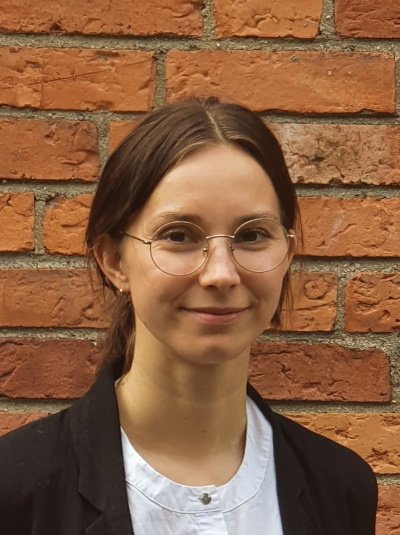New thesis on Parkinson's disease and the effects of a balance training program
Hi Malin Freidle, PhD student at the Division of Physiotherapy, NVS. On February 11 you will defend your thesis ”Motor and cognitive abilities in Parkinson’s disease with a brain activity perspective: performance at baseline and the effects of a balance training program”, what's the main focus of the thesis?

The thesis is about motor and cognitive symptoms in people with mild to moderate Parkinson’s disease: it partly treats motor learning and partly how a balance training programme called HiBalance can improve balance, gait, and cognition in people with Parkinson’s disease. The thesis also investigated brain activity in relation to motor learning and training with the HiBalance programme.
Which are the most important results?
We found that people with Parkinson’s disease had somewhat more difficulties to learn a new motor task than healthy individuals. We did unfortunately not find any positive effects of the HiBalance programme on balance, gait, or cognition for people with mild to moderate Parkinson’s disease.
How can this new knowledge contribute to the improvement of people’s health?
If people with Parkinson’s disease find it more difficult to learn new motor tasks, it indicates that they need more repetition and time than healthy individuals to learn and execute new movements in daily life as well as during training and rehabilitation.
That we did not find any positive effects of the HiBalance programme is of course discouraging but our results should not be interpreted as that people with Parkinson’s disease should stop doing physical exercise or that physical exercise does not bring positive effects. The overall conclusion of earlier studies is that physical exercise is beneficial for people with Parkinson’s disease. However, we do not yet know which type of physical exercise, or the optimal frequency, that result in the largest effects for people with Parkinson’s disease. The healthcare system should also future wise offer different types of physical exercise for people with Parkinson’s disease and the National board of health and welfare in Sweden recommend that these are focused on gait and balance impairments. That we still do not the specifics of how physical exercise should be performed to be the most beneficial for people with Parkinson’s disease, illuminates the importance of that future studies of physical exercise are of a high quality.
What's in the future for you? Will you keep on conducting research?
I will start a research project on visual- and audio-based learning at Stockholm University. I will also work in a project where we will investigate the effect of sleep on both younger and older persons daily life.
